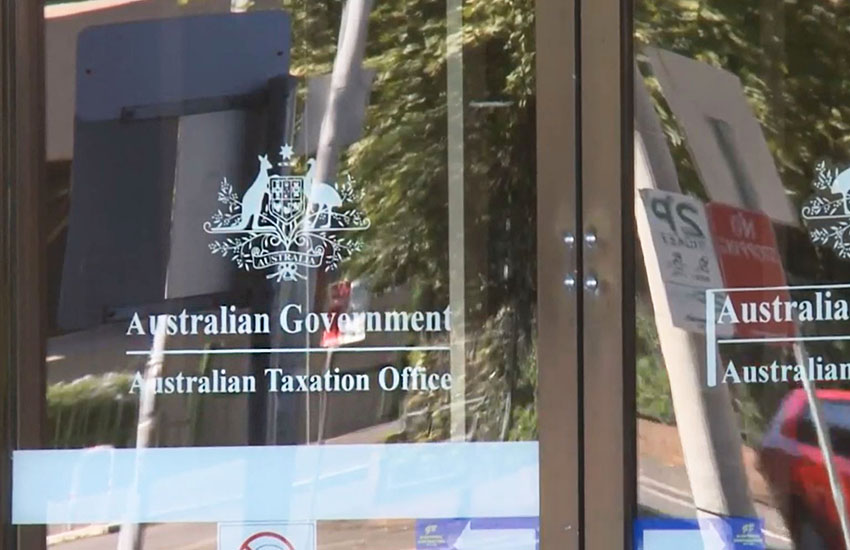ATO queried over Top 100 engagement approach
TaxThe Tax Office will enter into ongoing engagement with all Top 100 taxpayers, according to newly released guidance, even if they manage to secure a high assurance score.

The ATO last week released guidance on its approach to monitoring and maintenance among its Top 100 Justified Trust Program, which will see large public, multinational businesses and super funds subject to ongoing engagement with the Tax Office and comprehensive reviews every third year.
The Top 100 program is populated by businesses that reported some $34.1 billion, or 41 per cent, of all corporate income tax for the 2017–18 financial year. They are also some of the largest remitters of goods and services tax in the country.
Firms that meet the program’s criteria will be approached for an initial evaluation to determine their ability to pay the correct amount of income tax, after which they will be scored on a three-tiered assurance spectrum: low, medium or high.
However, even firms that score in the “high” assurance band after a first review — meaning the ATO is confident the company paid the right amount of tax for the income years reviewed — will be subject to an engagement period of at least two years.
Under its newly released approach, the ATO expects taxpayers to “proactively engage” with the Tax Office and disclose significant transactions and material business changes, before they occur.
Other real-time updates expected throughout the engagement period include changes to tax positions, details related to any new tax risks, any disclosure issues, any changes to the design of the firm’s tax governance framework, or changes to its design.
As the two0year engagement period draws to a close, the Tax Office will conduct a more comprehensive “Justified Trust” review, to “refresh” their confidence in the taxpayer’s ability to continue to pay the correct amount of tax. These reviews are set to occur every third year.
However, the ATO’s monitoring and maintenance approach doesn’t make clear how the Tax Office’s engagement will differ between those who secure a high assurance score and those who don’t.
Shaun Cartoon, partner at law firm Arnold Bloch Leibler, said the new approach makes it hard to identify the payoff for scoring a high assurance rating, but that it will likely be a matter of “how” the ATO engages with firms with higher ratings, as opposed to “if”.
“If you are a high-value target, the ATO will engage with you,” Mr Cartoon said. “I think the benefit of achieving a high assurance rating is probably how the ATO will engage with you.
“If you follow the ATO guidance and are on board with the concept of demonstrating your level of compliance — and being proactive in the way in which the ATO engages with you — then your group will [likely] be met with a softer touch.
“But if you resist what the ATO’s proposing in terms of demonstrating your group’s compliance, for example, through the development of an appropriate tax governance framework, you’ll probably experience a harder edge from the ATO.”
The ATO introduced its trust concept to the Top 100 program in 2016 to encourage large firms to be forthcoming about the amount of income tax they’re paying, and ensure they’re paying the right amount. In 2019, the concept was expanded to cover GST, too.
According to the ATO’s 2020 Top 100 findings report, some 27 per cent of the program managed a “high” assurance rating at the end of June 2019, growing to 43 per cent at the end of June 2020. The majority of 46 per cent achieved a medium assurance rating, while 11 per cent have been classified at the low end.
Mr Cartoon said that while being treated favourably by the Tax Office has its benefits, ongoing engagement is resource-intensive and doesn’t come without its costs.
“The cost is more work behind the scenes to improve your governance as a group,” Mr Cartoon said. “So, I think the jury’s still out about whether, ultimately, there’ll be the same level of take-up among private groups as there has been in public groups.”




